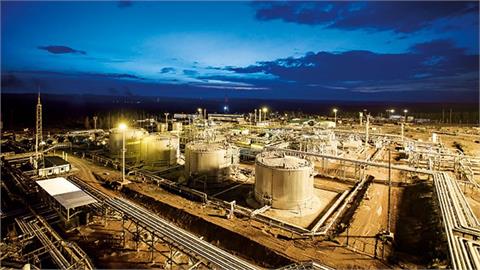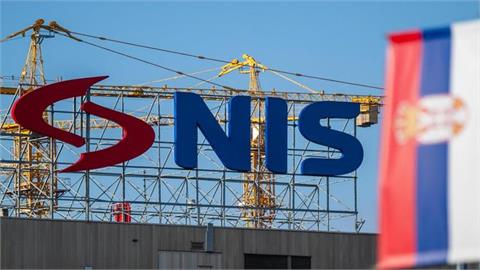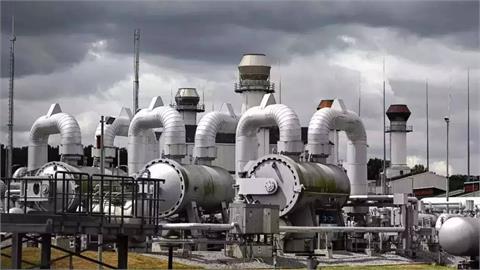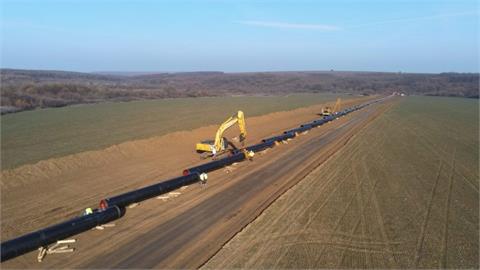The European Parliament’s Foreign Affairs Committee adopted a resolution
supporting the findings of the European Commission’s 2015 Progress
Report on Montenegro, one of which is to advocate an independent audit
over the disputed ownership of the KAP aluminium smelter and nearby
bauxite mine in Montenegro.
The Central European Aluminum Company
(CEAC), an entity formed by Russia’s En+ Group, said in a press
release: "We are heartened by the overwhelming support of the Committee
for a sustainable and negotiated solution to the KAP dispute and are
particularly encouraged by its call for a full and independent audit
into the dispute. The magnitude of that support [50 in favour, 3
against] is testament to how seriously the Committee takes the KAP
dispute and the deep corruption within Montenegro, and we urge all
members of the European Parliament to give their full support to this
strong resolution in plenary session in March.”
KAP, an
abbreviation for Kombinat Aluminijuma Podgorica (Aluminium Plant
Podgorica), is an aluminium smelting company formed in 1969 in
Podgorica, Montenegro. Salomon Enterprises Limited, which was to be
renamed Central European Aluminum Company, became majority shareholder
in 2005 when the formerly state-owned company privatized. KAP has long
been a significant contributor to Montenegro’s GDP, and, as a result,
KAP was represented in the negotiations by the then Prime Minister of
Montenegro, Milo Đukanović. CEAC, fully owned by En+ Group, who also
owns a controlling interest in Russia’s UC Rusal, was represented by
Oleg Deripaska.
CEAC invested €200 million in KAP in the
intervening years, but, after auditors from Deloitte discovered "various
breaches of representations and warranties” of the agreement, the
relationship between the Montenegran government and CEAC soured. CEAC
then claimed (and the EC’s Foreign Affairs Committee agreed) that it was
illegally stripped of assets and removed from KAP’s management
positions.
(balkans.com)
Related content
Friday, 24 October 2025
Friday, 24 October 2025
Thursday, 23 October 2025
Thursday, 23 October 2025



